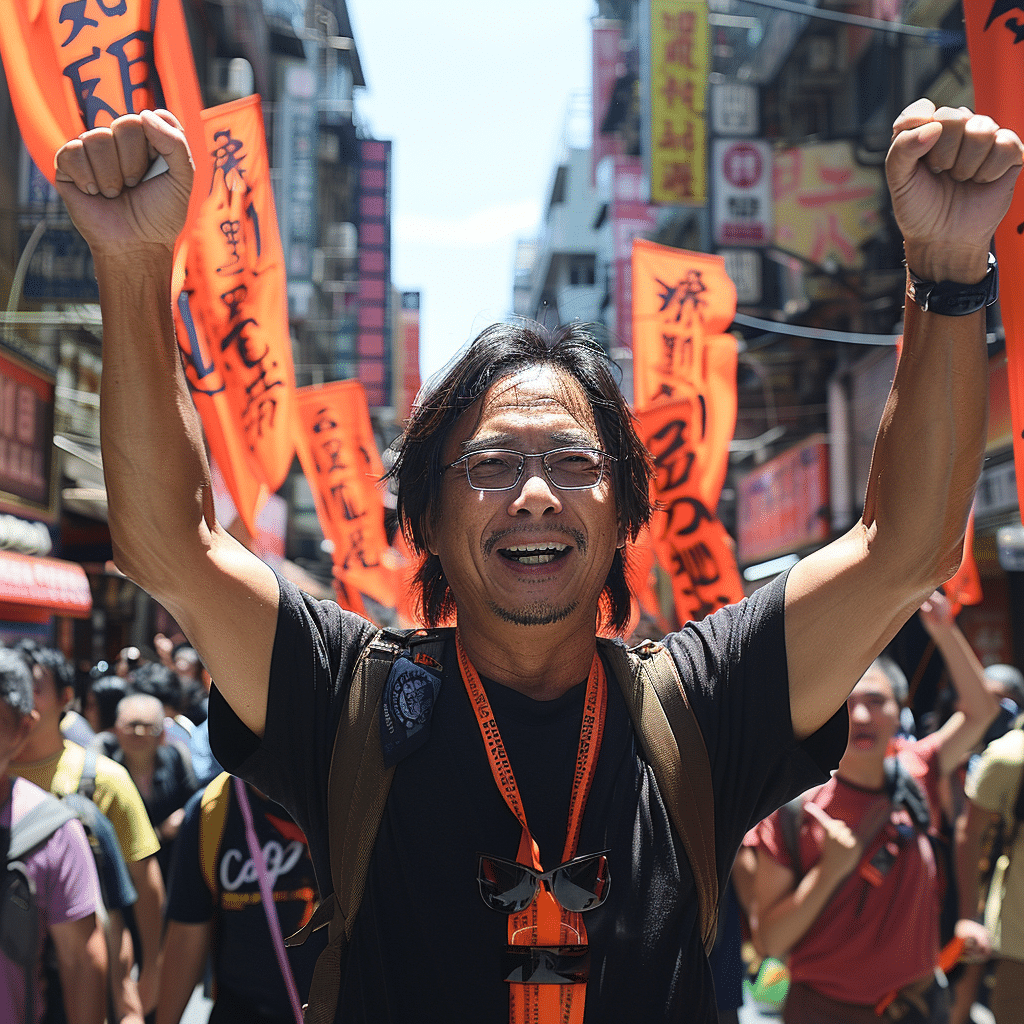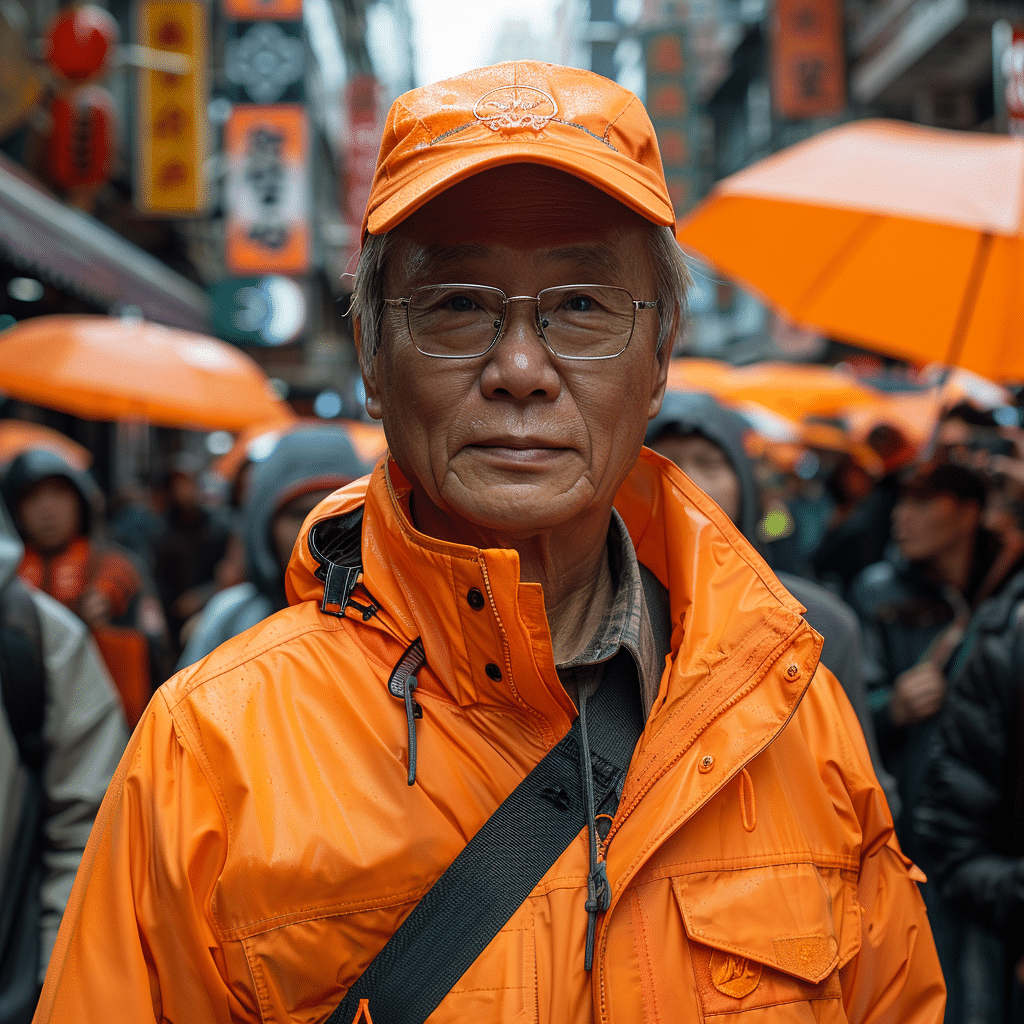The Significance of the Taiwan Elections 2024
The 2024 Taiwan elections are more than just another democratic exercise; they’re a defining moment for the island nation. With tensions escalating with China and significant global geopolitical shifts, Taiwan’s electoral outcomes hold substantial implications for its democracy and regional stability. The whole world watches intently as Taiwan tackles these unprecedented challenges head-on.

Historical Context of Taiwan’s Presidential Election
Understanding the gravity of the 2024 elections necessitates a dive into Taiwan’s past. The island’s transformation from a single-party system under the Kuomintang (KMT) to a flourishing democracy has been marked by resilience and progressive reforms:
These milestones have built a sturdy democratic foundation, constantly under scrutiny, especially from Beijing.

| Category | Details |
| Voting System | Mixed-member majoritarian with district and proportional representation |
| Main Political Parties | Democratic Progressive Party (DPP), Kuomintang (KMT), Taiwan People’s Party (TPP), New Power Party (NPP), and others |
| Election Cycle | Presidential and Legislative Yuan elections every four years |
| Latest Presidential Election | January 2020 |
| Current President | Tsai Ing-wen (DPP) |
| Legislative Yuan Composition | 113 members: 79 from single-member districts, 34 from proportional representation |
| Key Issues | Cross-Strait relations, economic policy, national security, healthcare, social welfare |
| Voter Turnout | Approximately 74.9% in the 2020 Presidential Election |
| Eligibility to Vote | Citizens of Taiwan aged 20 and above |
| Major Recent Events | COVID-19 response, growing tensions with China, semiconductor industry dominance |
| Next Scheduled Elections | January 2024 (Presidential and Legislative Yuan) |
| Important Milestones | First direct presidential election held in 1996 |
Major Candidates and Their Platforms
Lai Ching-te: Continuity and Stability
Lai Ching-te, representing the Democratic Progressive Party (DPP), symbolizes continuity after President Tsai Ing-wen’s era. His platform underscores:
His diplomatic approach aims to deepen ties with the United States and other pro-democracy allies while carefully managing relations with China.
Ko Wen-je: A Pragmatic Middle Path
Ko Wen-je, from the Taiwan People’s Party (TPP), offers a middle-ground approach:
Ko’s policies appeal predominantly to moderate and younger voters who are fed up with the constant cross-strait tensions and crave a balanced international stance.
Eric Chu: Returning to Conservatism
Kuomintang’s Eric Chu promotes a return to a more conservative agenda:
Chu’s campaign is a mix of economic focus and a conservative social agenda.
Public Opinion and Media Influence
Public sentiment is pivotal in shaping Taiwan’s electoral landscape. Social media platforms like Facebook, Twitter, and Line are not just places for catch-ups but have morphed into battlegrounds for political narratives. Recent surveys reveal deep divisions among the populace on national identity, economic policy, and relations with China.
Local media outlets like Central News Agency and Taiwan News offer in-depth political coverage, significantly influencing public discourse. International media perspectives, notably from CNN and The New York Times, also shape global views on Taiwan’s democratic vibrance.
Implications for Regional Stability
Taiwan’s political direction will profoundly impact regional stability in the Asia-Pacific:
Countries like Japan and South Korea are closely monitoring the elections due to their implications for the broader regional security. The United States, bound by the Taiwan Relations Act, views any political shifts with keen interest, acknowledging Taiwan’s critical role in global security dynamics.
Economic Prospects Post-Election
The future of Taiwan’s economy is central to the electoral discussion. The island’s technology sector, dominated by semiconductor giants like TSMC, leads the global market. The next government’s policies will shape Taiwan’s economic trajectory, impacting international supply chains and technological advancements.
Economic growth, balanced with equitable social policies, poses a significant challenge. The electorate’s choices will reveal their priorities—whether geared towards aggressive reforms, maintaining welfare, or adopting a mixed approach to modern needs.
Taiwan’s Role on the Global Stage
The 2024 Taiwan elections will gauge the strength of democratic values amid rising authoritarianism. Conducting transparent and peaceful elections, despite external pressures, highlights Taiwan’s dedication to democracy. Future diplomatic strategies will either cement or redefine Taiwan’s global role, particularly in international bodies like the United Nations, where Taiwan seeks increased recognition.
Charting the Path Forward
As Taiwan braces for this crucial electoral period, the decisions made at the ballot boxes will echo far beyond its borders. Be it through pursuing continuity, embracing pragmatism, or reverting to conservative policies, Taiwan’s path forward is under the global spotlight. The 2024 elections underscore the island’s political sophistication and its determination to steer through modern geopolitics with democratic principles firmly in place.
In these volatile times, Taiwan’s democratic journey serves as both inspiration and a pivotal point in the global democratic arena.
Taiwan Elections: A Turning Point in Democracy
Fun Trivia and Interesting Facts
Let’s dive into some curious tidbits about Taiwan elections. Did you know Taiwan holds one of the most electrifying democratic processes in Asia? Like kids at a candy store, Taiwanese voters eagerly participate in their civic duties, making each election a real spectacle.
One quirky tradition is Taiwan’s penchant for innovative campaign strategies. Candidates have utilized everything from pet parades to large-scale concerts. Speaking of concerts, Taiwan’s election fervor has sometimes been compared to the buzz around major events like Taylor Swift’s Tokyo performances, drawing huge crowds and uniting people from all walks of life.
Interestingly, Taiwan wasn’t always the democratic beacon it is today. The island only transitioned to a multi-party system in 1987. This radical change has mirrored the transformation seen in regions hit by tornado news, causing sudden societal and political shifts. Today, Taiwan’s elections underscore the nation’s vibrant democratic spirit, a stark contrast to more tumultuous times in other parts of the world.
Now, here’s a mind-boggling fact: mobile Homes Manufacturers have popped up as a source of controversy during election season. Some believe these homes serve as hidden voting hubs, although such claims usually dissipate faster than a delinquent payment. It’s a testament to how passionate Taiwanese are about their democratic process, scrutinizing each tiny detail.




